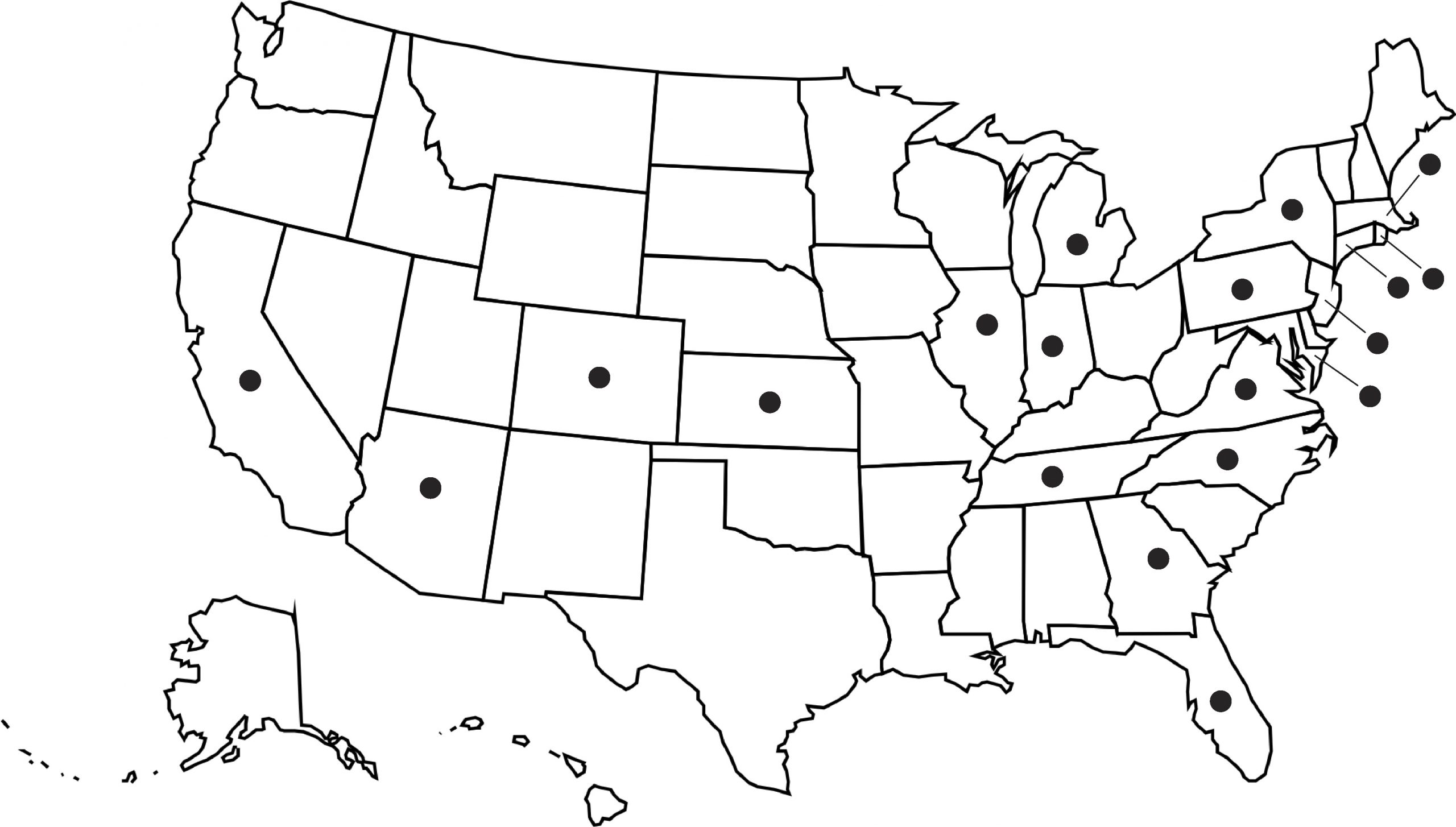Pictured Above: Lawsuits have been filed in 19 states seeking refunds for tuition and room and board fees during the COVID-19 pandemic.
Darnell Henderson | The Crow’s Nest
By Catherine Hicks
More than 70 lawsuits have been filed across the country by students seeking reductions or refunds in tuition and fees from schools that switched to online instruction or closed housing because of the COVID-19 pandemic.
One of those suits was filed by Jarrett Lafleur, a Tampa engineering student, who sued USF and the state university system in federal district court on July 21.
Lafleur declined requests for comment from The Crow’s Nest.
According to the Tampa Bay Times, the lawsuit contends that USF committed a breach of contract by charging the same tuition and fees during the COVID-19 closures as it did during previous, in person semesters.
Students were forced into online instruction and had little access to the in person benefits advertised at the time of enrollment, the lawsuit says.
It also says that Lafleur, who is engaged in intramural sports, a fraternity and engineering societies, was unable to experience the benefits of an in person education.
The lawsuit says that degrees offered fully online at USF cost less than an in person degree.
USF spokesperson Adam Freeman declined to discuss the lawsuit, the Times said, but said that many services continued and on-campus operations would resume this fall. The school’s reopening plan will allow students to “continue taking courses and accessing services remotely to keep them on a path to timely graduation without providing additional refunds,” he told the paper.
The lawsuit was filed one month after USF announced it would not be refunding housing costs if COVID-19 numbers force campuses to close again, contending it couldn’t shoulder the financial burden of the closure.
“We have a number of fixed costs that we have to maintain to provide housing and dining and so on, so we’re just trying to balance those out and be committed more than anything to transparency. These are things we’ll have to navigate over the next several months,” USF President Steve Currall told the Times.
Six days following the decision, USF announced that it would be investing $20 million in financial aid to “help students who are experiencing financial hardships due to the COVID-19 pandemic remain on a path to timely graduation,” in the We Got U-SF scholarship.
Similar university decisions have been made across the country, leaving many universities facing lawsuits and petitions demanding lower tuition rates and fees.
As of June 25, there have been over 70 lawsuits filed against universities across the country demanding tuition refunds. Targets have included prominent institutions such as Columbia, Brown, Penn State and Purdue.
According to Expert Institute, a New York firm that helps attorneys find expert witnesses, refunds for tangible services such as meal plans and room and board, are easier to win since the plaintiffs can quantify student losses.
Cases contending that online learning isn’t an adequate form of instruction are more difficult to prove, the Institute says. The student-college relationship expectations and obligations aren’t defined in documentation, which means there isn’t, technically, a contract to breach.
In these cases, all communications upon enrollment between the college and student can be considered in the student-college agreement. For example, a university’s marketing strategy can be examined to understand what was promoted and promised to students.
According to the Education Dive website, some universities have preemptively attempted to protect themselves from lawsuits by offering tuition reductions to their students. Typically, those universities have the financial ability to assist students or a need to ensure they fulfill fall enrollment numbers.
Williams College, the wealthiest liberal arts school in the U.S., was the first to announce a reduction: 15 percent in tuition and room and board through June 2021. Students who receive financial aid also saw a 15 percent decrease in estimated family contributions.
Princeton, Georgetown and Lafayette College announced tuition reductions of 10 percent for students studying remotely. Princeton’s reductions also included those learning on-campus.
However, in North Carolina, state legislature stepped in to stop any legal claims that could arise against colleges and universities.
It passed a bill on June 25 to provide immunity to colleges and universities from all legal complaints related to COVID-19 closures.
The law protects universities from providing refunds for tuition or fees, as long as their decisions were made to protect the public health, safety or welfare of students and remote learning was offered as an option.
The law applies to all legal actions taken on or after March 27, clearing lawsuits against five North Carolina universities – East Carolina University, UNC Charlotte, UNC Asheville, UNC Wilmington and Duke.



